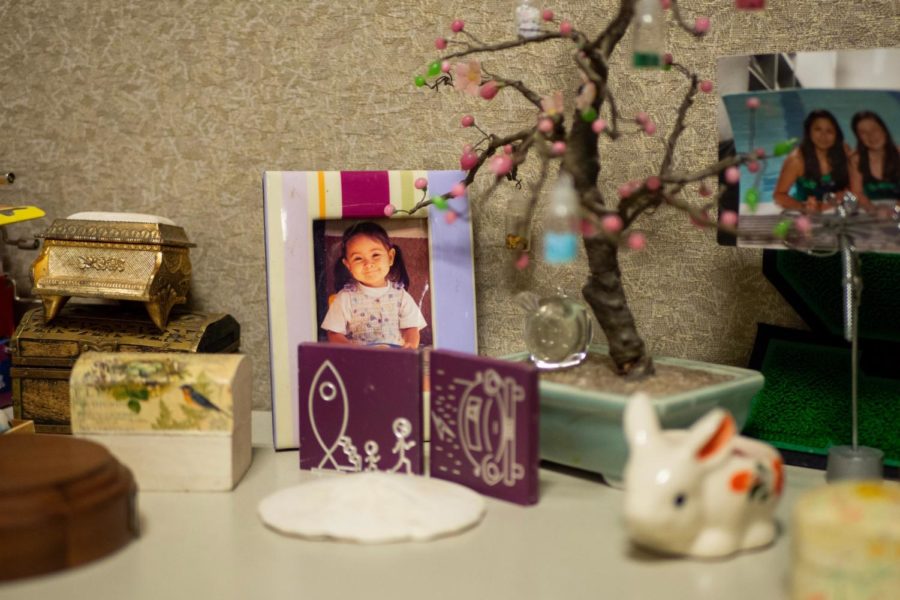Jocelyn
May 14, 2019
Jocelyn Zhaori Contreras-Toscano was born in Guadalajara, Jalisco, Mexico to a stay-at-home mother and metal shop worker father. Before she turned 2, Contreras-Toscano was flown to California on the lap of a stranger before being reunited with her parents who traveled separately to the U.S.
Her parents hoped immigrating would allow her to “have a better life,” and in many ways it has. Contreras-Toscano, 19, graduated from Sonoma Valley High School and attends SRJC as a nursing major with plans to become a nurse.
But she isn’t content with her identity.
“I don’t consider myself American, but I’ve lived here my whole life,” she said. “It’s basically the culture I grew up in.”
Contreras-Toscano considers herself Mexican because she was born in Mexico, but that’s where her Mexican-ness ends. She did not have a quinceañera, and her family rarely goes to church — both considered hallmarks of Mexican culture and family life.
Her family is divided between the U.S. and Mexico. Her grandmother has visited this country several times, but Contreras-Toscano has only been back to her native country once since arriving as a toddler. Her murky immigration status prevented her from visiting; she was concerned that if she left the states, she would be prohibited from returning.
Her single trip back to her birth country happened in 2016 when she returned to visit her dying grandmother. She felt comfortable traveling because she was awarded a permit through advance parole, a program allowing non-U.S. nationals without immigrant visas to re-enter the country after traveling abroad.
Contreras-Toscano’s trip to Mexico was a revelation.
“I am more Americanized than I am Mexican,” she said.
The locals treated her like an outsider, like a visitor. Her Spanish accent was notably different than theirs, and she felt she didn’t belong.
“The best way to describe [the trip] was very surreal,” she said. “I was caught between two worlds.”
The JC has been integral in helping her find her place. She joined Movimiento Estudiantil Chicanista de Aztlán (MEChA), Mujeres Chingonas, Feminists United, the Puentes learning community and the Undocumented Students Union (USU).
“I have chosen to surround myself with people who are supportive of undocumented students, people from other cultures and people of color. That’s why I feel [SRJC] is such a safe place,” Contreras-Toscano said. “I chose to do these things and make myself more vulnerable for the people who are too scared to.”
She believes navigating the path to citizenship is largely a waiting game, whether it’s waiting for approval within the existing immigration system or waiting for the laws to change.
Like other undocumented people, Contreras-Toscano could apply for a green card formally recognizing her U.S. residency; both her 16-year-old sister and 8-year-old brother were born in the U.S. and could sponsor her application when they turn 21. But the process is long and arduous. According to Contreras-Toscano, it could take anywhere from 10 to 30 years for a green card application to be approved.
So rather than focusing all her effort on gaining citizenship, Contreras-Toscano continues advocating for minority groups through social activism, volunteerism and mentoring, and making the most of her blended Mexican-American life.
“I am grateful that my parents brought me here.”
